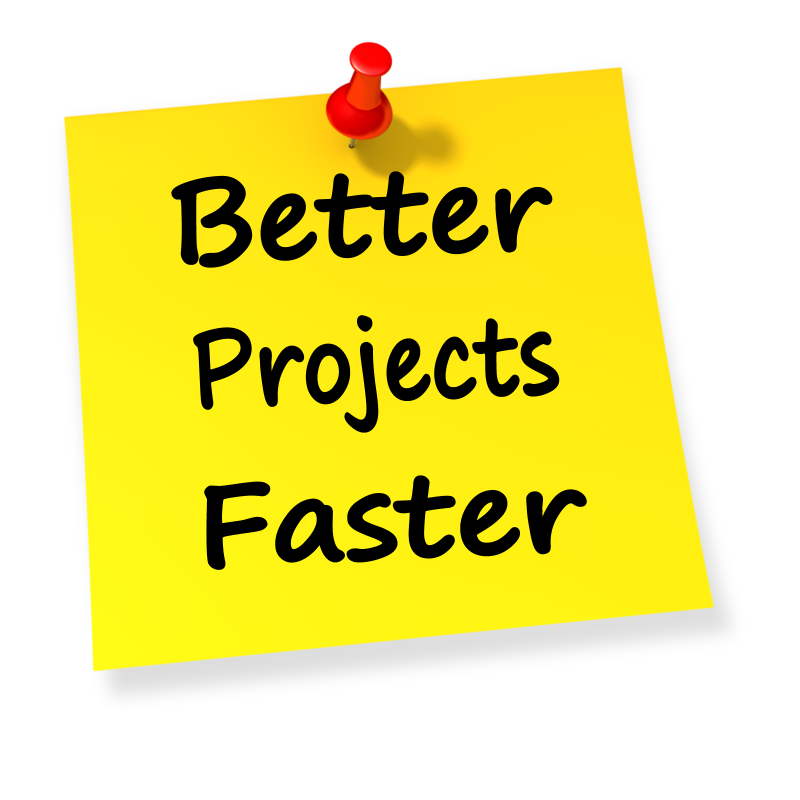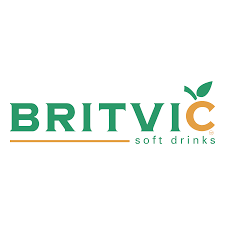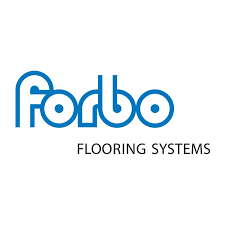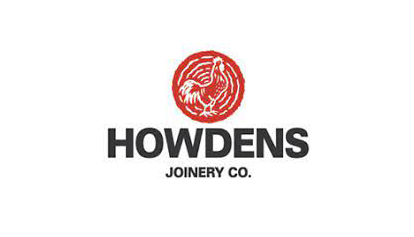
- Details
- Category: Blog
Traditional Project Management is built on a logical but fragile sequential waterfall approach. An approach that is unable to adapt when initial assumptions are found to be incorrect or things change during the project phases of:
- 1: Define phase – Establishing project scope, identifying key stakeholders, closing knowledge gaps and developing specifications.
- 2: Design phase – Collaborating with vendors to refine designs, enhance project value, and optimise project plans.
- 3: Refine phase – Ensuring a seamless transition to operation with a clear roadmap for sustained performance improvement.
For the traditional waterfall approach to work, all options must be identified and evaluated at the Define phase so that the Design and Refine phases are simply completing what has already been decided.
In reality, this is seldom achievable without compromising cost, timescales and/or performance.
Adaptive Project Management
A faster and more effective approach is Adaptive Project Management. This organises the specification process into decision loops that tap into insights gained during each phase. Originally developed by IT developers to test out and refine features based on user experiences, this can also be applied successfully to manufacturing projects. This provides project sponsors with the flexibility to use testing and rapid scale up phases to refine ideas and enhance project added value as part of the project brief.
The adaptive approach also generates higher levels of user engagement which reduces risk and shortens timelines to beneficial operation.
In addition, with today's technology a significant proportion of the potential return on investment comes after the new asset is installed. Gains are then delivered by using the better data or connectivity the new asset brings to fix gaps or weaknesses in management processes. In some cases it can also be the trigger to change the business model to access new markets and added value. (See Technology Project Added Value Gains
Stage Gates
Both approaches use formal stage gate milestone steps but with adaptive project management this provides a focal point to refine ideas and kill off unproven pet projects or at least shelve them until the technology has caught up with a potentially value adding opportunity.
The use of Adaptive Project Management provides the flexibility to answer questions during the project process such as:
- What unique new value could this technology create that otherwise would not be possible?
- How could this technology enhance our organisation’s operational excellence?
- How will we engage our people with using this technology to develop safer, more productive and effective work routines?
These questions engage and empower users to streamline project delivery, improve risk management and develop the capabilities to achieve flawless operations from day one.
Making it happen
If you're serious about driving performance across your project portfolio, here's how to embed project team training into your governance programme:
- Assess your current project management approach to uncover gaps and select a pilot project to develop internal capabilities, trial and refine improvements.
- Launch a “plan-the-plan” workshop with pilot project team members to define project quality milestones and actions to progress to the next project milestone.
- Use stage gates to capture lessons and adjust plans proactively.
- Codify insights into repeatable standards for future projects.
- Define project skill learning plans to develop project team member capabilities over multiple projects. Skill passports are used to capture demonstrated capabilities which also provides recognition of achievement to reinforce proactive engagement with the project management process.
- Make project management skill development a requirement for each project—no exceptions.
Effective project management, incorporates project coaching as part of the project programme. Something which is essential for long-term success with delivering gains from advanced technology.
That provides a vehicle to learn from each project and apply those lessons to the next.
Let’s talk about how this can be integrated into your next capital project—or scaled across your entire portfolio.
Find out more about our 3 day project management training course here








